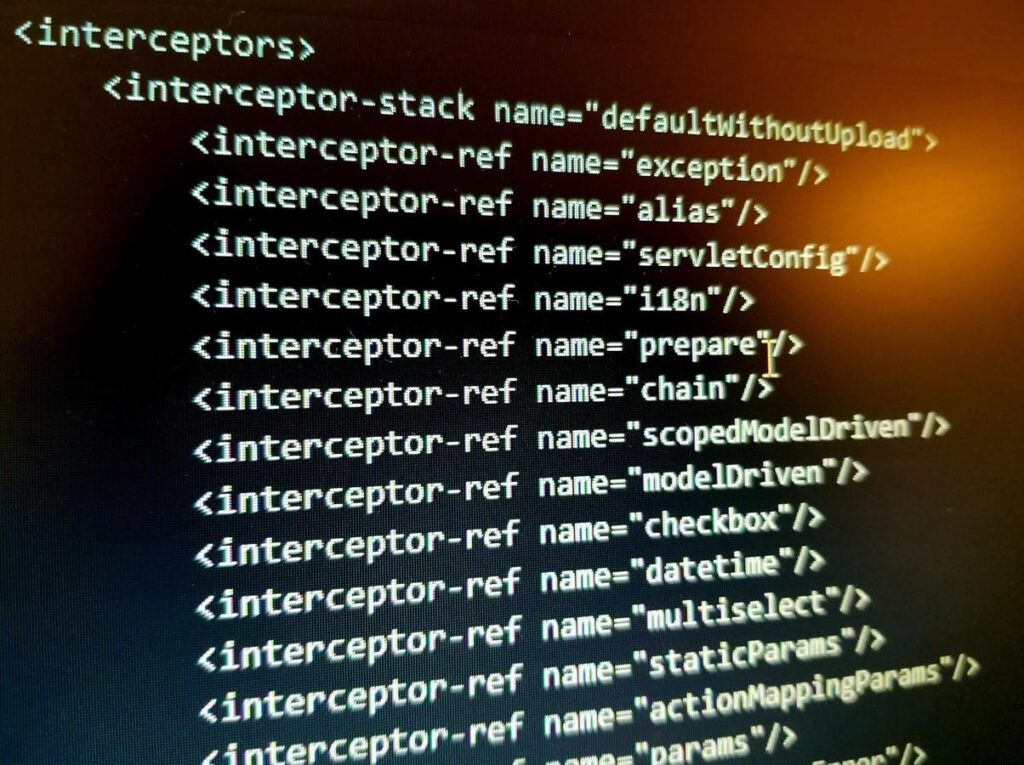As the ‘end of globalization’ thesis plays out in dramatic form, some of the more speculative views I had laid out in the ‘The Levelling’ book are coming into focus. One of these is that we would see the emergence of new political parties to meet, and in some cases to exacerbate, the challenges of the 21st century, especially in the US and UK, and even in China.
Unlike say, France, where political entrepreneurship is relatively easy (in the sense of forming a new party), two party systems dominate the two large Anglophone countries – the dominance of fundraising in the US makes it difficult to break the Republican-Democrat nexus, whilst the first past the post electoral system in the UK has made it hard for new parties to gather the mass and momentum to dent the influence of Labour and the Tories (Duverger’s Law).
That ‘wall’ now seems to have been broken by the rise of the Reform party in the UK, and a renaissance of sorts for the Liberal Democrats. Both parties still have relatively few seats in parliament but have won recent by-elections and if opinion polls are to be believed, the British political system is about to be fragmented into four parties.
In the context of a world where only 6% of the population live in ‘full’ democracies, according to the Economist Intelligence Unit, it should be a worry that the tendency in Washington is towards a contest between autocracy and oligarchy, as witnessed by the spat between President Trump and Elon Musk.
What struck me as an interesting, though tenuous development was the threat by Musk to set up a new political party the ‘American party’ and such a move, if it occurs, is part and parcel of the transition to a new world order.
In the UK, there has already been an attempt by an entrepreneur to set up a new party. Back in 2018 Simon Franks started a new party called ‘United for Change’. He had reportedly raised GBP 50M to support the launch and having attended some of their early meetings I can attest that a decent roster of candidates was being lined up.
The project soon fizzled out, a sign that political life requires a certain set of skills, and that there was little appetite in the UK for a centrist party – the battles have been taking place at the margins of public life, and even Keir Starmer now regards Reform as the party to beat. This is a mistake in my view and the centre should not be evacuated but populated by parties willing to tackle difficult issues head on.
In the US, it looks like difficult issues are inspiring difficult people to enter politics, Musk being an example.
In the Levelling I had speculated that several new parties might be spawned by the end of globalization – a right wing ‘Heimat’ party, pan-global environmental party with a large Chinese membership called the ‘Diggers’, and a traditionalist ‘Pilgrim’ party to give a few examples. One idea that might materialise soon is what I had called the ‘Governance Party’, whose core philosophy is that technology should be put at the centre of public, social and economic life and that it can be used to shape human behaviour. Governance ID cards and governance scores will become part of life in this vision, and artificial intelligence will penetrate our everyday activities.
When I wrote this description, it was a throw-away, speculative idea, but in an age of big data, fast AI and the rise of exceptionally powerful entrepreneurs it is a distinct possibility.
The infusion of social media into our social and political lives has shaed and also muddied perceptions of reality, and social media is, in many political systems, the best way to quickly reach voters and understand their preferences. In this sense, social media helps to ‘soften’ voters up (the Reform Party has mastered TikTok for instance).
Whether this means that electorates would accept a ‘Governance’ style form of government is not at all clear. In a way, China with its social scoring system is a precursor, and a good number of the China hawks (geopolitically) in the US are thought to be admirers of China’s approach to governance.
DOGE and some of the prospective projects in the department of Defence give an inkling as to the vision for technology within the state. If the idea of a ‘Governance’ Party is to become a reality then the signs to watch out for are a further digitisation of the official economy (such as a digital central bank currency), the digitisation of identification and democracy (to the point where voter ID is an iris scan), and the use of the digital in law enforcement.
On the other, pro-democracy side, the struggle to protect open democracy will increasingly have the equal and opposite aim – the curbing of the effect of social media on political debate, the restriction of social media use for young people and the encouragement of active participation in public life.
Read the full article here

